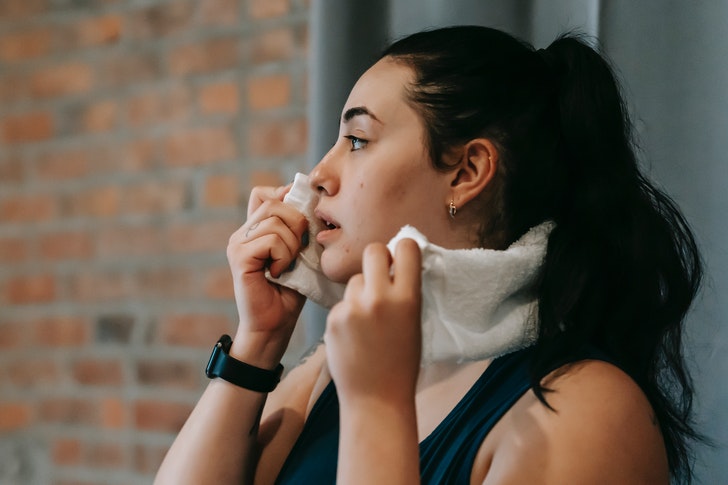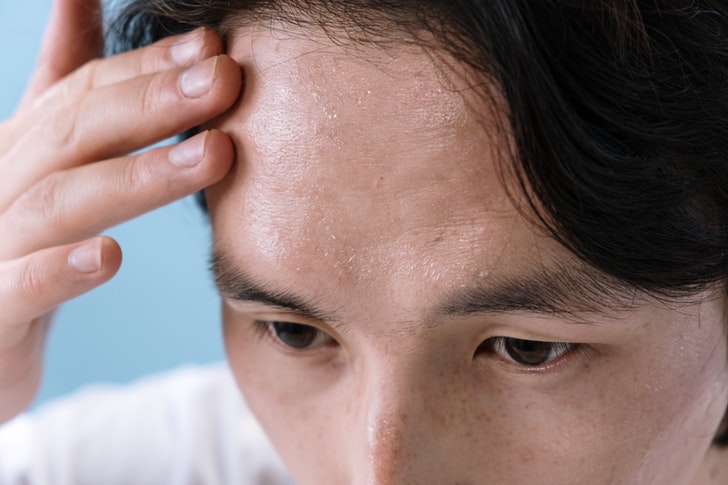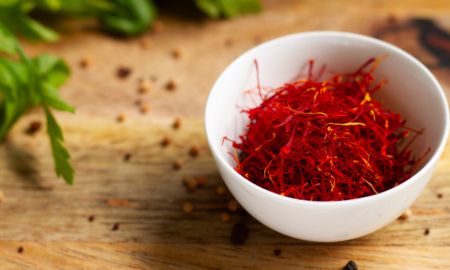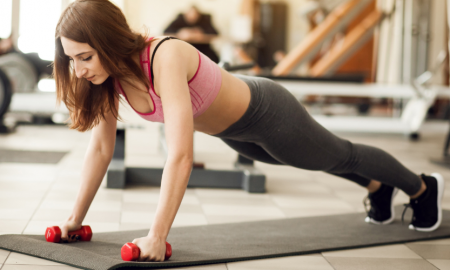
Scientific Things About Sweat That Probably Didn’t Know

While sweating can be messy, stinky and even disgusting for some, it is also your body’s natural cooling mechanism. When your body temperature rises from exercise, heat, stress or hormone shifts, sweating helps keep your internal temperature at a comfortable 98.6 degrees Fahrenheit. Perspiration is made almost completely of water, with smaller amounts of other chemicals in it as well. Perspiration leaves our body through tiny holes in our skin called pores, and when the sweat meets the air, it begins evaporating (turning from a liquid to vapour) and cools us down.
Sweat is a great cooling system, but it is also a great way for our body to remove certain elements from our bloodstream. Salt, ammonia, potassium, glucose, lactate, and urea, to name a few. Our sweat also contains biochemical markers such as metabolites, electrolytes, and even heavy metals, which can give doctors and researchers a window into a person’s health and even aid in diagnosing some diseases. Sweating is regulated by the autonomic, or sympathetic, nervous system. Signals, using the neurotransmitter acetylcholine, are sent to the sweat glands. The sweat is then released to the skin surface through ducts.

Andres Ayrton/ Pexels | Everyone has between 2 and 5 million sweat glands spread across the body
Sweating further explained
In the human body, there are between 2 million and 4 million sweat glands spread all over the body. There are two types of sweat glands that are involved in perspiring. The first one is the Eccrine glands, which respond to heat; they release an essentially odourless sweat directly onto your skin and in your armpits, the areas of the body with the highest concentration of sweat glands. Whereas, the Apocrine gland develops in your hair follicles and responds to heightened emotions and heat. They release fatty sweat that’s broken down by bacteria on the skin, in a process that produces a stink.

Cottonbro/ Pexels | Sweat is a liquid made from 99% water and 1% salt and fat
The volume of sweat you produce depends on various factors such as:
- Body mass: According to science, people with a larger body mass generate more heat and hence, more sweat. The great surface area that comes with a larger body also requires more perspiration to cool it down.
- Fitness level: People who are very fit sweat more than their less-fit counterparts. But if fit people and less-fit people are performing the same task, the less-fit person will sweat more because they have to expend more energy to perform the same task.

Pixabay/ Pexels | The fitter you are, the more easily you sweat
- Muscles mass: Muscle mass produces more heat than fat. So even if two people have the same bodyweight, their sweat rate will differ based on their percentage of muscle mass.
- Health status: A number of health conditions and life stages can impact how much you sweat. Colds, flu and even mental health conditions such as anxiety and depression can impact how much you sweat. Hormone fluctuations in particular are often linked with an increase in internal body temperature.
More inUncategorized
-
`
Are Popular Diet Trends Actually Good for Your Heart?
Diet trends grab headlines every year, promising everything from glowing skin to dramatic weight loss. But when it comes to the...
July 30, 2025 -
`
Why Are Men Taller Than Women? New Genetic Study Finds Clue
For centuries, the average height difference between men and women has been noticeable—men generally stand about five inches taller. While environment...
July 23, 2025 -
`
How Upcycled Beauty Ingredients Are Reshaping the Industry’s Future
The beauty industry is going through a big shift — and it’s not just about trends. As waste problems grow and...
July 17, 2025 -
`
A Look Inside Faith Kipyegon’s Groundbreaking Mile Run in Paris
Last week in Paris, Faith Kipyegon returned to a place she knows well: Stade Sébastien Charléty. But this time, she wasn’t...
July 9, 2025 -
`
Dairy Is Making a Major Comeback — And Health Shoppers Are Loving It
Just a few years ago, dairy sat quietly in the back seat while plant-based alternatives took the spotlight. Now, it’s stepping...
July 4, 2025 -
`
Does Aging Cause Dental Problems?
Aging doesn’t automatically mean losing teeth or developing gum disease. In fact, older adults today are holding onto more of their...
June 25, 2025 -
`
How Upcycled Ingredients Are Shaping the Future of Cosmetics
What used to end up in bins or compost heaps is now finding a new life inside skincare bottles and beauty...
June 18, 2025 -
`
Rock Legend Rod Stewart Trains to Break Sprint Record at 80
Age isn’t slowing Rod Stewart down. Known worldwide for his legendary voice, stadium-filling tours, and timeless hits like “Maggie May”, the...
June 11, 2025 -
`
The Truth Behind Detox Diets – Health Boost or Risky Trend?
It’s hard to scroll through your feed without seeing someone sipping green juice with promises of instant energy, glowing skin, and...
June 3, 2025














You must be logged in to post a comment Login